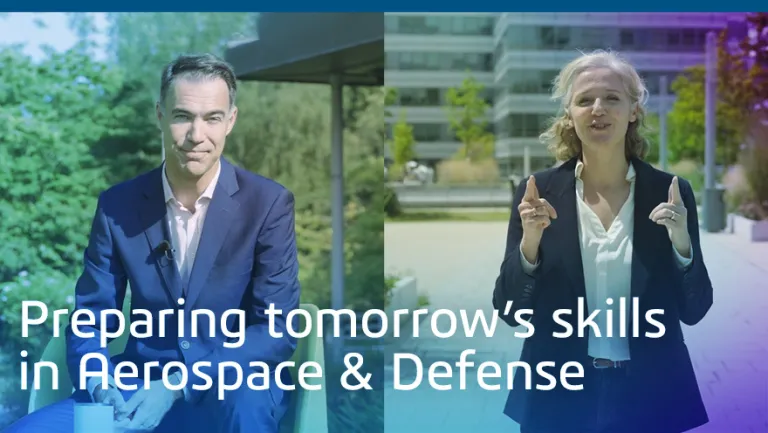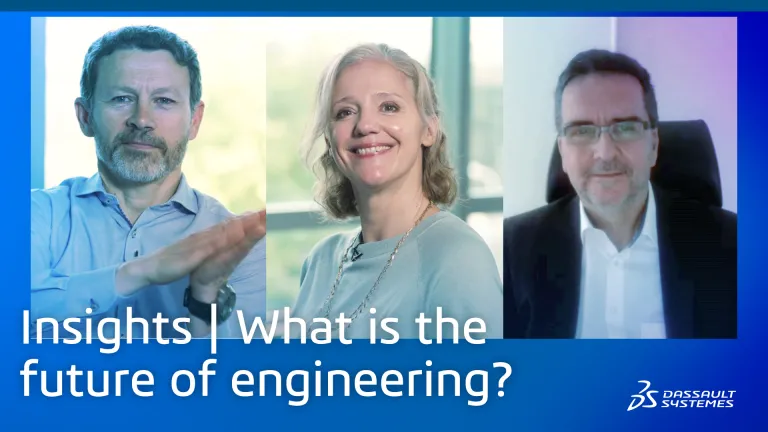Education
Transform the way you learn, teach, make and reinvent the future of industry.
From initial to continuing education, a unique offer is waiting for you.
Students
Quick start on your 3DEXPERIENCE projects and prepare your future
Academic Institutions
Deploy your learning activities with the 3DEXPERIENCE platform and empower tomorrow's talents
Training Organizations
Prepare the professional workforce with the right skills to transform the industry
Discover the 3DEXPERIENCE platform
A Game Changer to connect the Education and Professional worlds
For students, educators and professionals, 3DEXPERIENCE Cloud offers self-paced learning experiences to fast-track their careers and build a spirit of sustainable innovation.
Get onboard quickly with our dedicated APP | CONTENT | SERVICE bundles and envision how the 3DEXPERIENCE will help you get to the next level.
Leading Universities are already using 3DEXPERIENCE platform
From New-York to Paris or Shanghai, world-class universities have been trusting us for many years and leverage our 3DEXPERIENCE for Education offers to make their students future- and industry-ready.
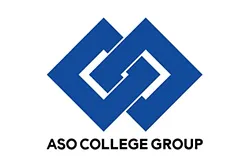
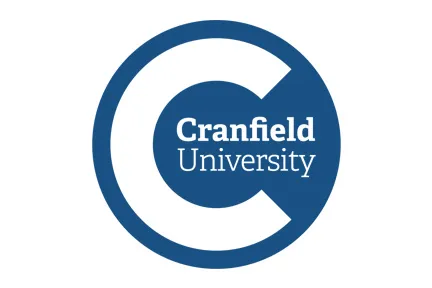
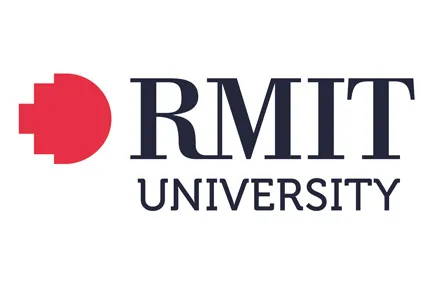
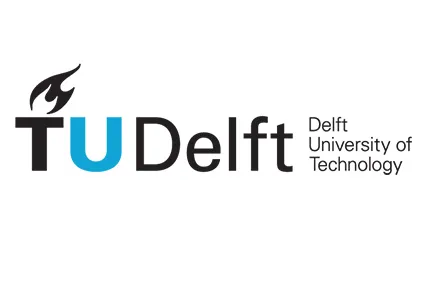
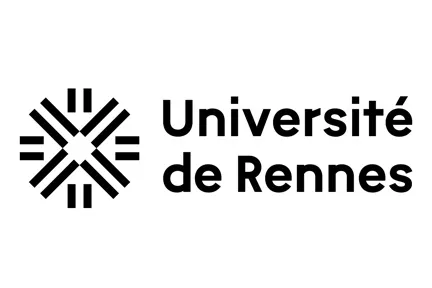
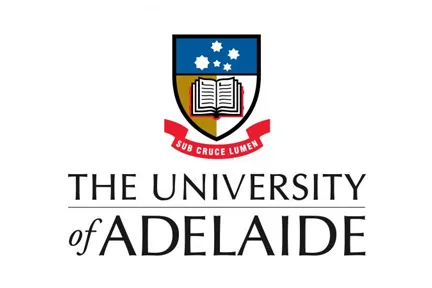

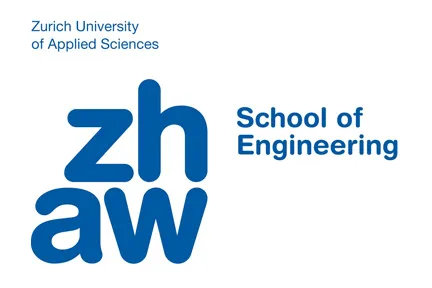
Industry insights
Discover how education and industries connect to shape the future!
Learn from experts
Don't miss out on our Edu webinars and events!
Latest news about Education
Don’t miss out on our latest headlines and announcements.
Education customer stories
Discover how academic institutions are using the 3DEXPERIENCE to empower their students for tomorrow!
Discover More
Dedicated Student Community
Want to share your designs & creations? We got you covered with our dedicated community: Students | Play the Experience.
Dedicated Academics community
Join the 3DEXPERIENCE Edu | Academics community, (exclusively for educators,) to stay updated with detailed information on all Dassault Systemes Academic Solutions; ask questions, share ideas, case studies, achievements and pedagogical innovations with other educators and industry experts from around the world.
FAQ | Contact us
If you have any questions or want to learn more about specific topics, check our FAQ page
LEARN MORE ABOUT ENGINEERING EDUCATION | FAQ
EXPLORE OUR EDU UNIVERSES
Professional
BRINGING LEARNING TO YOUR FINGERTIPS | We develop learning solutions to upskill people and support talents for a more sustainable world
Skills of the future
EMPOWERING PEOPLE WITH THE RIGHT SKILLS TO SHAPE A MORE SUSTAINABLE FUTURE | Are you future ready?

